
Every year or so, I do the unthinkable. I turn down an opportunity to participate in a CEO search. Executive recruiters don’t know what to make of me. So accustomed to ambitious executives, they are puzzled to hear someone gracefully decline the big gig.
Years ago, I concluded that “I never want to be a CEO.” The people around me shushed emphatically. They instructed me to never say those words again. At the time, they didn’t understand that I was at my best as an advisor and collaborator, not necessarily the woman in charge.
Because the universe has a sense of humour, I often advise leaders who are hungry for the CEO title. I worked with such a client yesterday, pulling back the curtain on the CEO search process. (Spoiler alert: this leader is going to be phenomenal at the helm.)
No two CEO hiring processes are the same, but my experience as a board director reveals some common elements. Should you have the opportunity to raise your hand for the top job, it pays to work backwards from the hiring directors’ perspective. With the board in mind, consider four key activities in your preparation.
Understand the CEO search process
Before you mental redecorate the CEO suite, cover off the basics. Who is involved? Even those searches focused on internal candidates may employ an executive recruiter or organizational psychologist. These advisors screen candidates early on, allowing directors to focus on the short list. Occasionally, the final interview may involve the entire board or the HR committee. More often, as few as three directors bring their recommendation back to the board for approval.
In terms of timing, the process depends on whether the board anticipated the succession event. For planned succession, a board may take a year or more to evaluate internal candidates and scan other organizations for talent. The unplanned searches I’ve seen took four to six months from the first meeting with the executive search consultant.
Get clear about the organization’s future direction
The board and its advisors draft a brief detailing the desired skills and experience. Although this document is important as a whole, I find the articulation of the organization’s future state to be the most relevant. Does the board seek a leader who can safeguard the status quo? Or do they want someone who can sustain or even accelerate the current trajectory? The new CEO will need different skills, depending on the board’s expectations.
If you are an internal candidate, the current CEO may shed light on the board’s current alignment around the vision. It’s easier to communicate your offer to the organization when the board shares a common outlook. A fragmented board will likely be harder to win over, simply because a sharp bullseye is easier to hit than a blurry, moving target.
Understand the current management team
The CEO leads an organization of hundreds or thousands of employees, but the vast majority of influence lands on the executive team. What kind of leader does the team need most? If the organization is meant to double in size in, say, 5 years, has anyone on the executive team contributed to such a transformation in the past? If not, the board will seek a CEO who has been there, done that.
When considering internal candidates, the board may also seek input from the executive team. Don’t rest too easy, however, if you are beloved by your colleagues. The board may appoint the CEO that the team needs, rather than the one it wants. In that case, executives’ input only helps inform how the board announces its decision and facilitates the transition.
Fortify your assets and own who you are
Be prepared to demonstrate your preparedness around industry perspective, technical knowledge, and leadership track record. I encourage clients to illustrate their strengths via detailed accounts of their response to tough situations. You can’t anticipate every interview question, but a bank of a few dozen stories from your past will make you feel ready for anything.
Of course, you’ll need more than polished responses to interview questions here. Financial results, media appearances, 360-degree feedback reports and even technological patents can illustrate your strengths. If you are an internal candidate, the impression left by your past appearances in front of the board will also be critically important.
When you do interview, remember that the human brain is drawn to clarity and away from clutter. Frame your candidacy in terms of three or four themes that neatly demonstrate how your unique strengths will enable the board’s vision. And use stories — the ultimate sense-making device — to help directors imagine you already in the role. While other candidates are reacting to the recruiter’s long wish list, you will come across as self-aware and ready to empower others.
(For more on interview preparation, see this post on acing interviews and the Boardroom Blueprint, my online program for directors with plenty of insight for aspiring CEOs too.)
Now how does all of this relate to our usual focus on governance and board careers? Experience as a CEO can only improve your qualification as a director and represents an opportunity to see boards at work firsthand. And its only natural to draw on your perspective as a director to demonstrate your readiness to lead.
Thank you for reading! If you found this post useful, please share it with others in your network. Doing so helps my work reach others and would mean so much to me.








